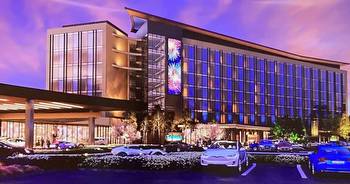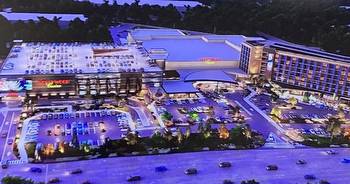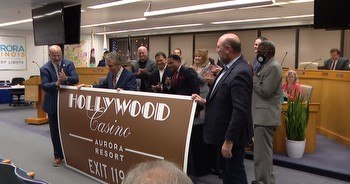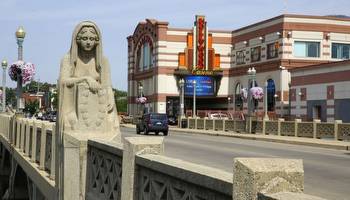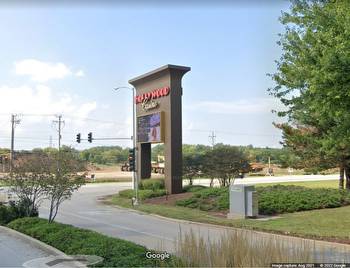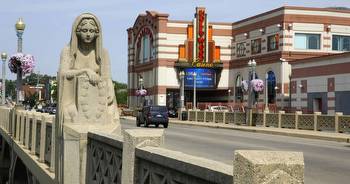Aurora, Batavia Schools Agree On TIF For New Hollywood Casino
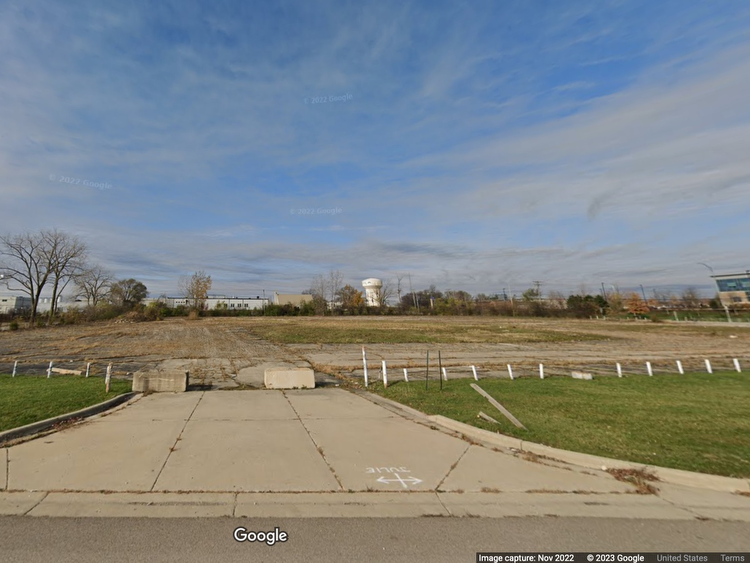
AURORA, IL — Aurora City Council approved a new TIF district agreement with Batavia Public School District 101 that is expected to allow the Hollywood Casino relocation and resort project to move forward.
The boundary for the new district will extend the current one to Bilter Road to the north, Farnsworth Avenue to the east, Church Road to the west and Corporate Boulevard to the south, City Council voted on Oct. 24.
Officials said the Farnsworth Bilter TIF District, as it's formally called, is necessary to permit the redevelopment and relocation of Hollywood Casino from downtown Aurora to Farnsworth Avenue, near the Chicago Premium Outlets. City leaders worked with Penn Entertainment, the casino's parent company, to move the casino away from the Fox River.
The district isn't a new one, but rather an amendment to one the city has had with District 101 since 2011 as a portion of Aurora's northeast side falls within the school district's boundaries.
As part of the agreement, each year the TIF district exists, Aurora will declare 10 percent of the incremental property taxes deposited in the new TIF district's special tax allocation fund as "surplus." That money would then be distributed to all other taxing bodies within the district; in this case, the Batavia school district.
The surplus amount will be calculated before the payment of any new TIF district costs, expenses or payments, debt services included, according to city documents.
Aurora City Council approved the $360 million casino and resort in October 2022 and green-lit the plans and zoning for the project in June. The resort will boast a 200-room hotel and a 10,000-square-foot event space, while the casino is set to include about 900 slots and 50 live game tables as well as rooms for baccarat and poker.
Its move comes 30 years after the casino took up residency in downtown Aurora. A move became necessary, city officials and project proponents agreed, to guarantee the casino’s long-term sustainability.
The deal includes a $50 million bond issuance from the city, which officials said would be repaid not from general funds from taxpayers but from increased property taxes generated from the new site, Patch reported. City officials project the land, once developed, will generate $5.5 million in property taxes each year.











